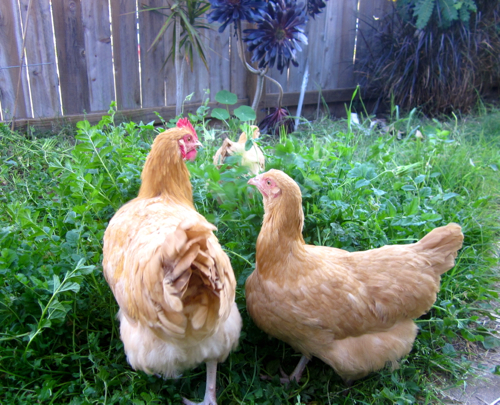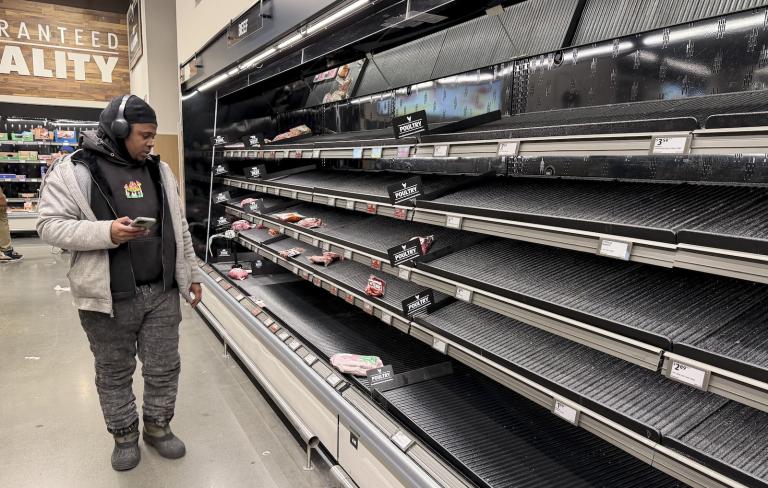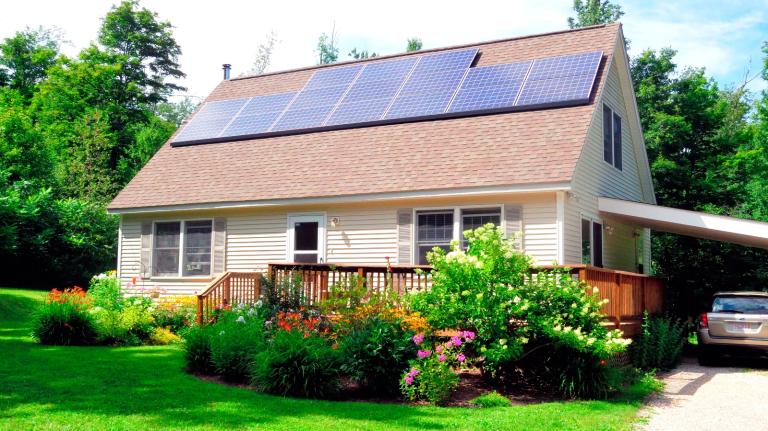When you buy organic eggs, part of the deal is that the eggs come from chickens that haven’t spent their entire life cooped up in a cage in which they can barely moved, being pooped on by other chickens. They go outside. In fact, organic farmers are required to send them outside whenever the weather’s good enough for it.
But there’s one little problem with that, according to the FDA. There are other animals outside — moles and voles and mice and other types of birds. And there’s a relatively good chance those animals are carrying salmonella. So, the FDA says, chicken producers need to keep their chickens “strictly separate from any wildlife,” NPR says.
That puts organic producers in a bind because the rules for organic production require egg-laying chickens to have “access to the outdoors” whenever the weather allows it. Inevitably, those chickens will encounter wild birds or mice.
The FDA suggests that farmers install fences or netting to keep other animals away from the chickens. It’s not totally clear how much protection egg farmers are actually required to give their chickens, but chicken farmers aren’t so happy that the FDA is even talking about these measures. Because, well, they’re expensive, and the whole point of raising chickens that go outside is that they end up happier and healthier than if they’re cooped up indoors.




